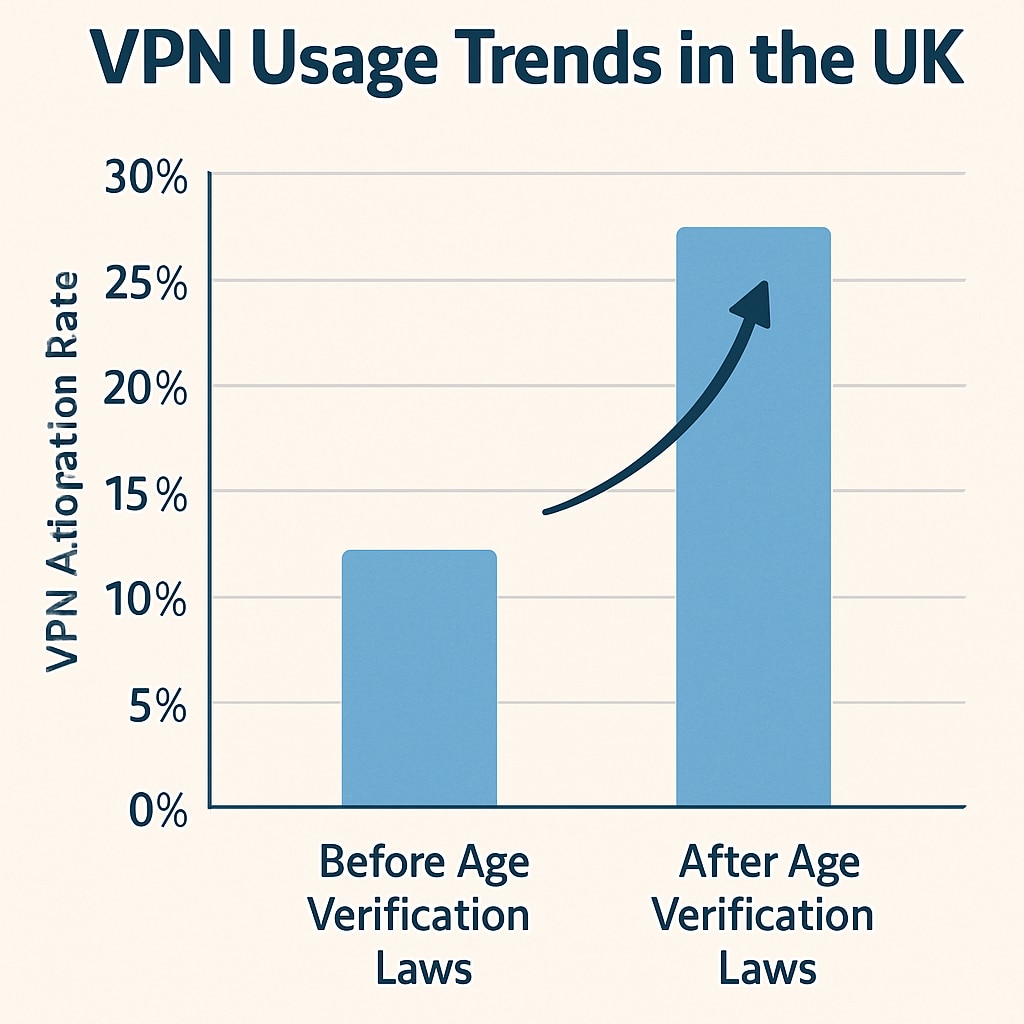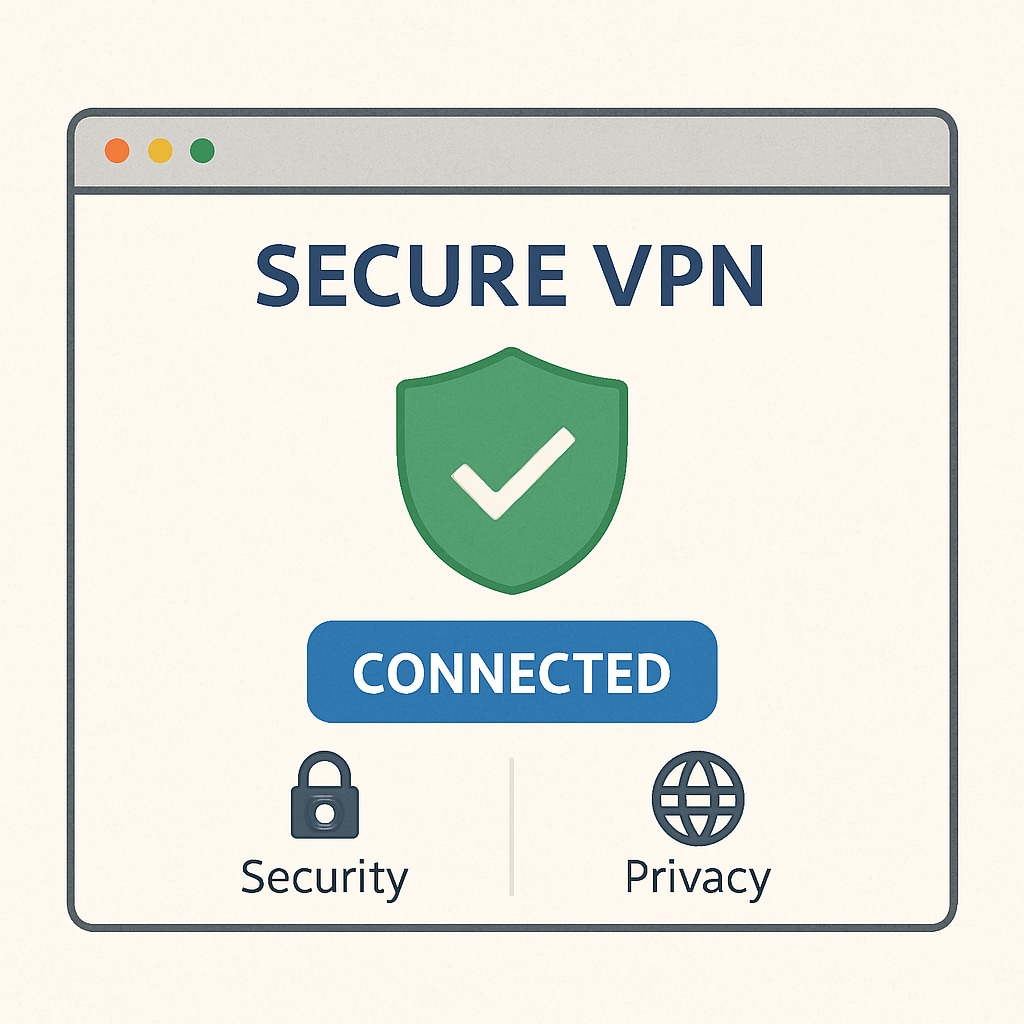The UK’s age verification laws, designed to shield minors from inappropriate online content, have sparked widespread discussions. While the regulations aim to create a safer digital environment, they have inadvertently triggered a surge in VPN usage as users seek to bypass the restrictions. This phenomenon underscores the need for stronger digital literacy education, particularly for K12 students, who are among the most vulnerable in the digital age.

What Are the UK’s Age Verification Laws?
The UK introduced age verification requirements primarily to regulate access to adult content online. These laws require websites hosting explicit material to verify users’ ages before granting access. Platforms can implement verification methods, such as entering identification details, to ensure compliance.
While the intention is noble—protecting minors from harmful content—the measures have spurred significant debates. Critics argue that these policies could infringe on privacy and freedom, leading users to adopt workarounds, such as virtual private networks (VPNs).
How VPNs Are Changing the Landscape
A VPN (Virtual Private Network) allows users to mask their IP address and location, creating a secure and anonymous connection. With the UK’s age verification laws in place, VPN adoption has skyrocketed, enabling users to bypass restrictions. This trend raises concerns about the effectiveness of such regulations, as they may inadvertently drive users toward unregulated alternatives.
For example, a report from Wikipedia highlights how VPNs are increasingly being used to circumvent digital barriers, not just in the UK but globally. This shift demonstrates how technological solutions can both empower and undermine policy objectives.

The Implications for K12 Education
For educators, the VPN surge is both a challenge and an opportunity. Students, particularly in the K12 age group, are growing up in a world where digital literacy is essential. The ability to critically evaluate online tools, understand the consequences of circumventing regulations, and navigate the internet responsibly is a skill that must be taught.
As a result, schools and educators should consider integrating digital literacy into their curricula. Topics like online privacy, ethical internet usage, and the risks of bypassing security measures are crucial for preparing students to safely engage with the digital world.
Global Lessons from the UK’s Experience
The UK’s experience offers valuable insights for other countries grappling with similar challenges. Policies aimed at protecting children online must be accompanied by educational initiatives. Without proper guidance, young users may exploit tools like VPNs, potentially exposing themselves to greater risks.
For example, Britannica’s resource on internet technology emphasizes the importance of balancing regulation with education. By fostering a culture of responsibility and awareness, societies can better protect minors while promoting digital literacy.
Conclusion: The rise in VPN usage in the UK following age verification laws highlights the complexity of implementing online safeguards. While technology can enhance safety, it can also create loopholes. For K12 students, this underscores the importance of digital literacy education. By equipping young users with the skills to navigate the internet responsibly, educators can help mitigate risks and empower the next generation in the digital age.


